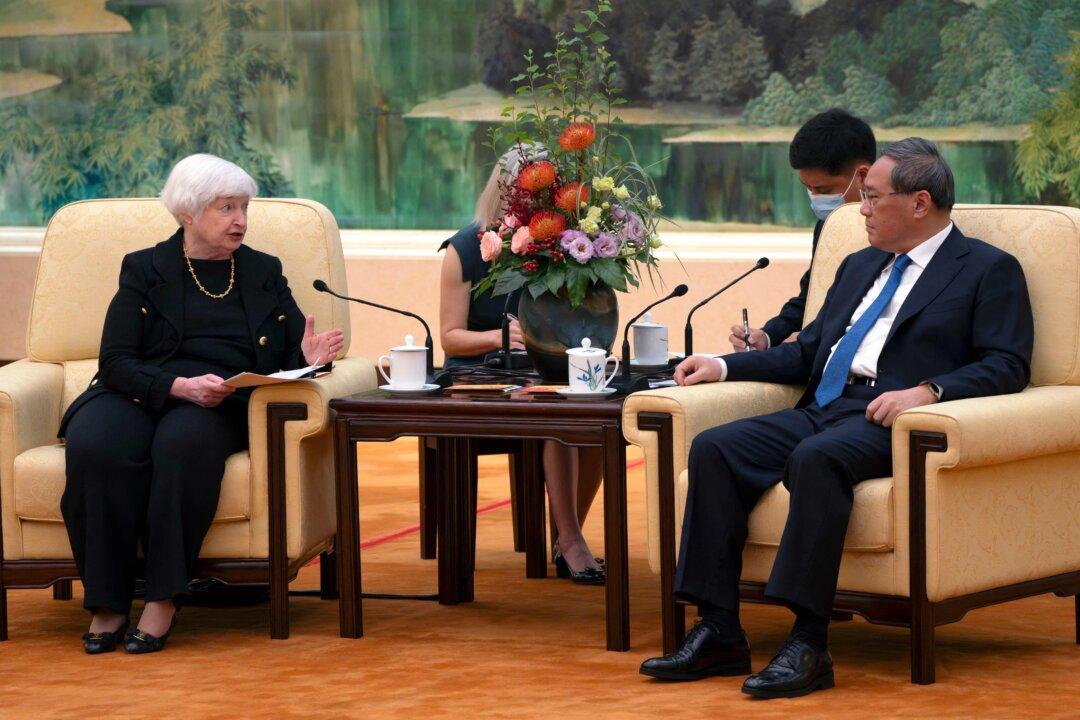Commentary
U.S. Treasury Secretary Yellen’s goal in Beijing is to explain President Joe Biden’s China policy, which has shifted a great deal.

U.S. Treasury Secretary Yellen’s goal in Beijing is to explain President Joe Biden’s China policy, which has shifted a great deal.